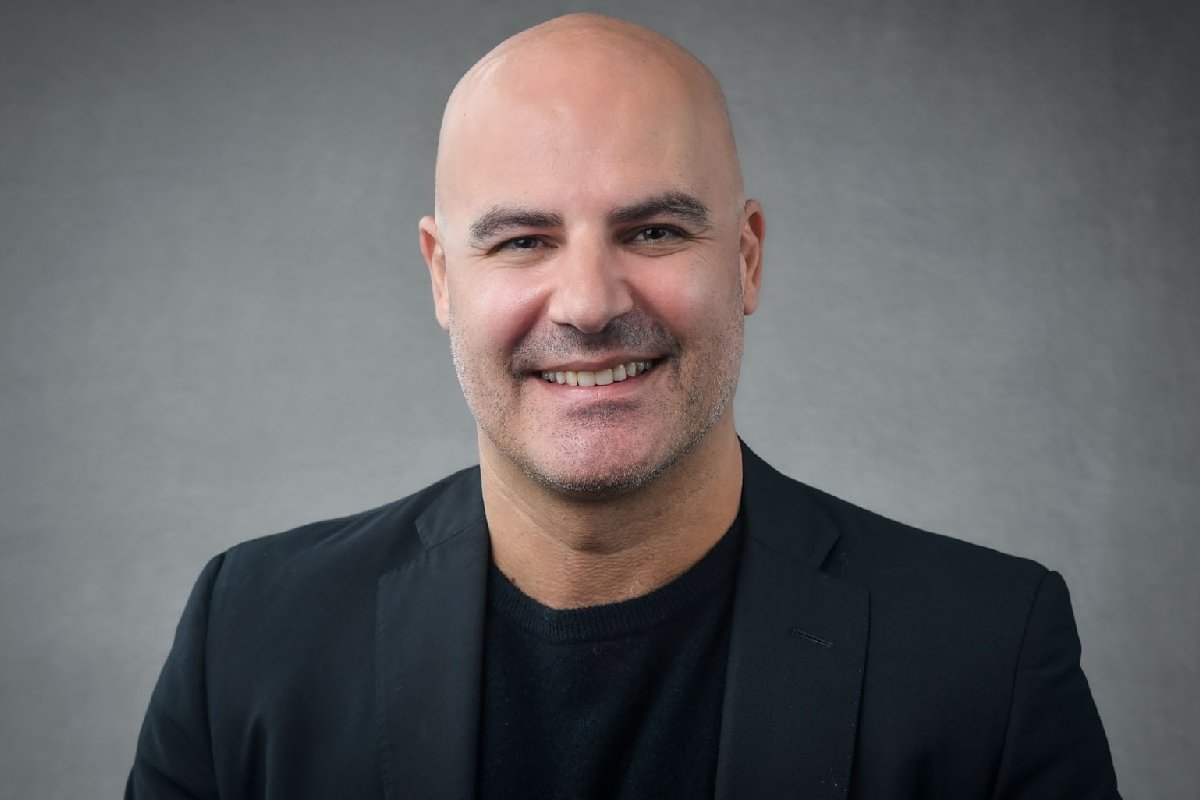
Why Learning Never Stops in Finance
Finance never stands still. Markets move with interest rates, global politics, and investor behaviour. New asset classes, like private equity or crypto, arrive fast. Old models get tested and sometimes break.
For leaders in finance, standing still means falling behind. That is why continuous learning is not optional. It is essential. Executive education, curiosity, and the willingness to adapt separate average advisors from exceptional ones.
A CFA Institute survey showed that 80% of investment professionals believe ongoing education is critical to career success. Yet many stop learning once they reach senior roles. The truth: the higher you climb, the more learning matters.
The Value of Executive Education
Refreshing Core Skills
Executive education programmes give leaders a chance to revisit the basics. They cover risk, leadership, and strategy in a modern context. Leaders who left school 20 years ago need updated frameworks for today’s markets.
One executive who attended Harvard’s programme said he went in expecting theory. Instead, he walked away with practical case studies on crisis management and global finance. He used those lessons to adjust his firm’s risk models during the pandemic.
Expanding Perspectives
These programmes expose leaders to peers from around the world. A banker from New York may sit next to an entrepreneur from India or a regulator from Europe. Those conversations provide insights that textbooks cannot.
Learning in that environment broadens thinking. Leaders see how others manage similar problems under different rules and cultures. That global perspective becomes an asset in their own work.
Curiosity as a Leadership Skill
Asking Better Questions
Curiosity drives better decision-making. Leaders who ask questions uncover risks and opportunities others miss.
A consultant once described sitting on a pension board. Most members nodded along with a complex presentation. But one trustee kept asking, “What happens if this assumption fails?” That curiosity exposed a hidden liquidity risk. Asking saved the fund from a major problem later.
Staying Adaptable
Curious leaders adapt faster. They read widely, talk with experts, and stay open to new ideas. When markets shift, they already have context.
During the rise of ESG investing, curious leaders were quicker to test whether it fit their mission. Others dismissed it as a trend, only to face pressure from donors and regulators later.
Why Finance Demands Lifelong Learning
The Complexity of Markets
Modern finance blends economics, technology, law, and psychology. Leaders must understand more than just numbers. They must grasp human behaviour, regulation, and even geopolitics.
According to McKinsey, 70% of executives say their jobs now require skills they did not learn in school. For finance, this includes risk analytics, sustainability frameworks, and behavioural finance.
The Speed of Change
Interest rates can shift overnight. New regulations can reshape entire industries. Leaders who rely only on past knowledge get caught off guard. Those who keep learning stay ready.
In 2020, when rates dropped to near zero, many institutions froze. Others, led by leaders who had studied crisis playbooks, acted fast to rebalance. Their preparation came from years of continuous study.
Lessons From Experience
Leaders like Youssef Zohny have shown how executive education and curiosity shape careers. His path combined science, economics, and advanced programmes at Harvard. That mix gave him both technical precision and broad strategic insight. It is a reminder that blending disciplines creates stronger leaders.
Actionable Recommendations
1. Commit to Regular Education
Take at least one formal course or workshop each year. Universities, industry groups, and firms offer short programmes that fit busy schedules.
2. Read Outside Your Comfort Zone
Don’t limit yourself to finance news. Read about history, psychology, or engineering. These fields often spark insights relevant to markets.
3. Build a Learning Network
Surround yourself with peers who share ideas. Join forums, attend conferences, and keep conversations going. Real-world stories often teach more than textbooks.
4. Ask Questions Relentlessly
Don’t accept assumptions at face value. Challenge models. Ask what could go wrong. Curiosity uncovers blind spots before they turn into crises.
5. Teach What You Learn
Explaining concepts to others reinforces your own knowledge. Host workshops, mentor juniors, or share insights with your team. Teaching keeps learning alive.
The Human Side of Learning
Humility Matters
Lifelong learning requires humility. Leaders must admit they don’t know everything. That humility creates space for growth.
One CEO admitted that he enrolled in an executive programme after realising his team was more fluent in sustainability than he was. Instead of hiding, he chose to learn. That vulnerability made his leadership stronger.
Inspiring Teams
When leaders model curiosity, teams follow. A firm where leaders read, ask questions, and take courses becomes a culture of learning. That culture improves performance across the organisation.
The Future of Finance Leadership
Tomorrow’s finance leaders will not just be portfolio experts. They will be learners. They will understand markets and human behaviour, risk and technology. They will lead by asking questions, testing ideas, and adapting quickly.
Executive education and curiosity will not be extras. They will be the core traits that define leadership.
Final Thoughts
In finance, leadership is not about having all the answers. It is about building the capacity to keep learning new ones.
Executive education refreshes skills and broadens perspective. Curiosity drives better questions and faster adaptation. Together, they create leaders who can guide institutions through uncertainty and change.
For finance professionals at any level, the lesson is simple: stay curious, keep studying, and never stop learning. Markets will keep changing. Leaders who commit to lifelong learning will always stay one step ahead.